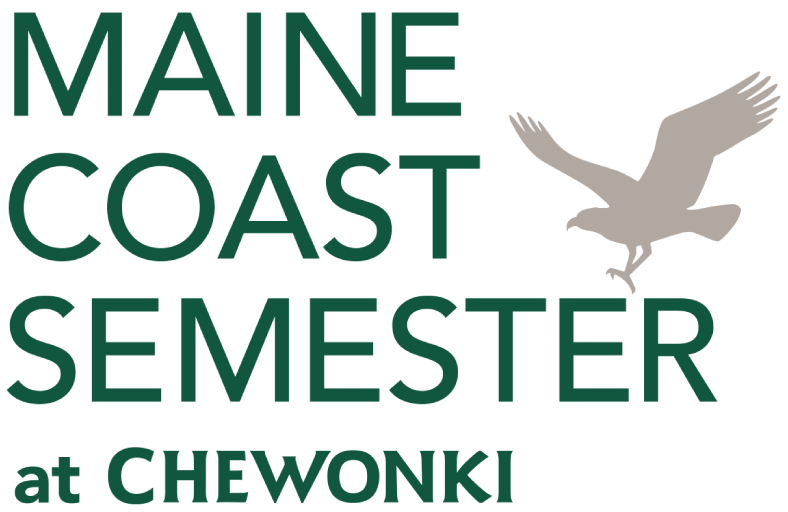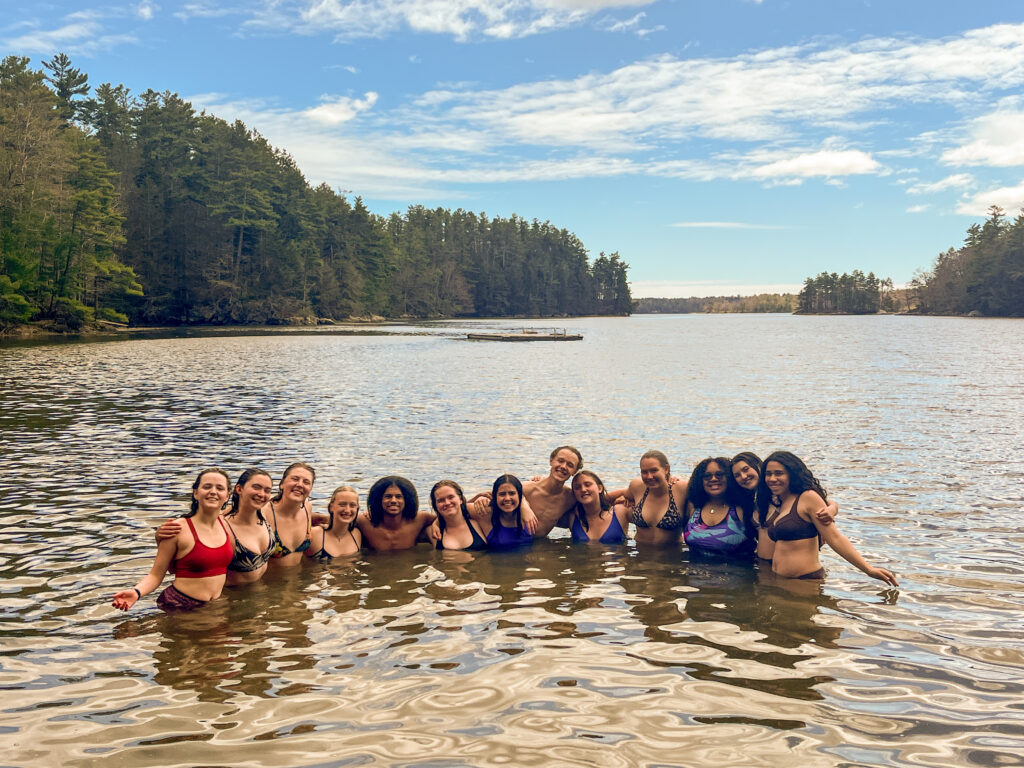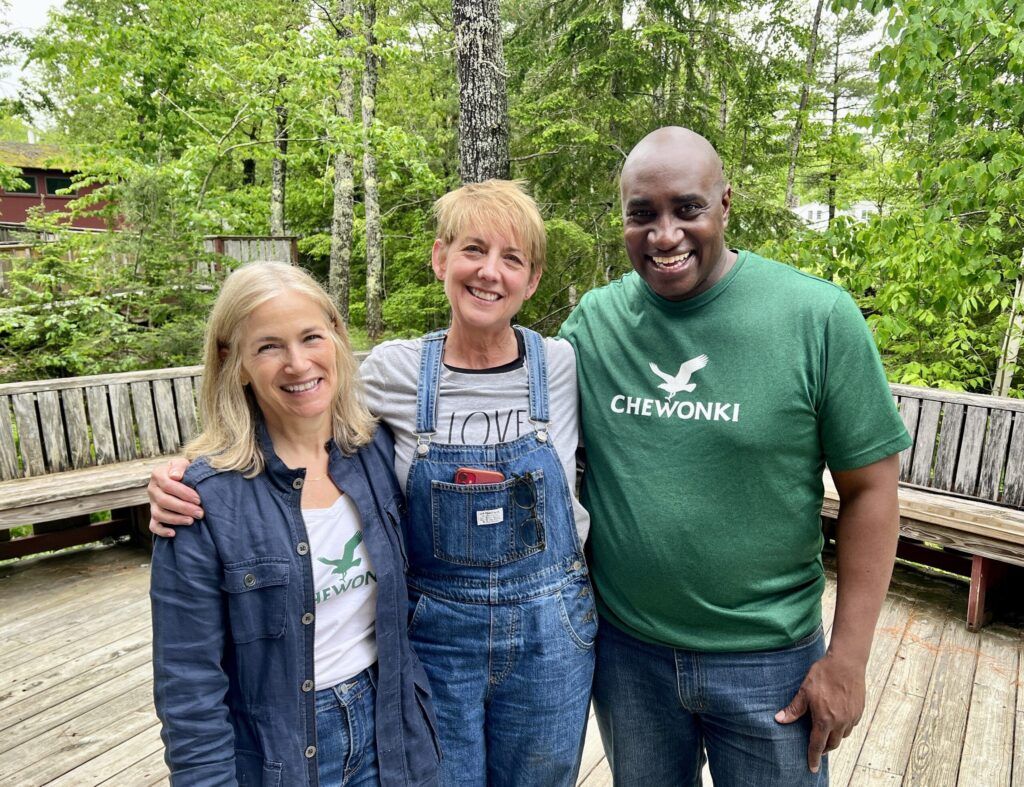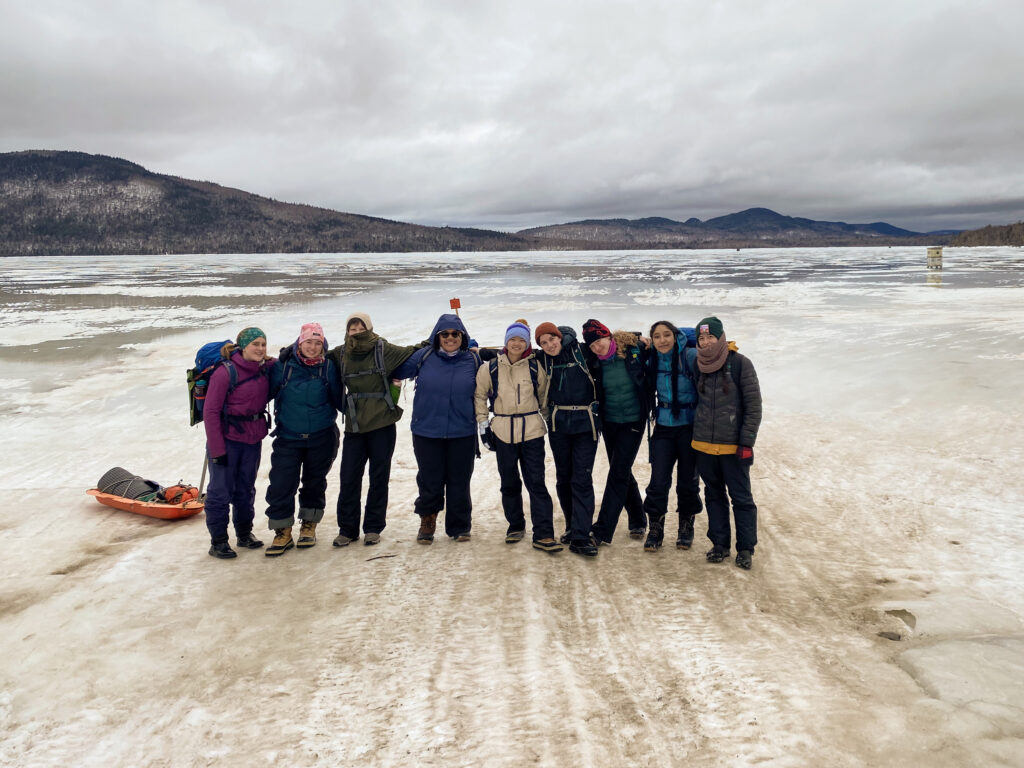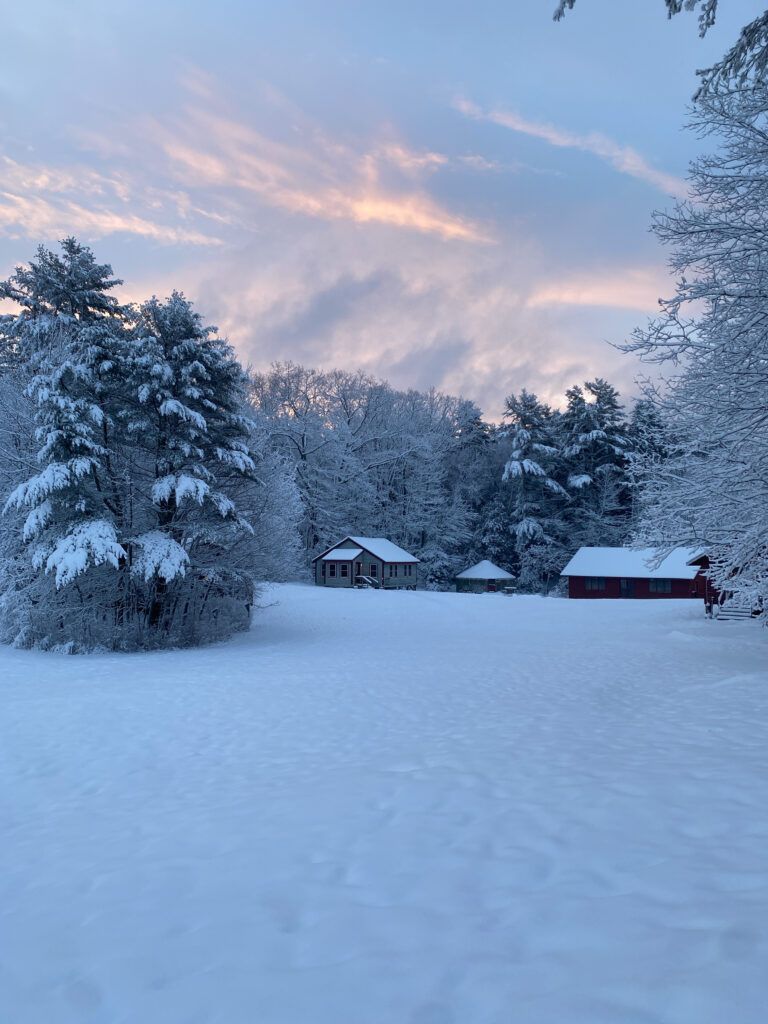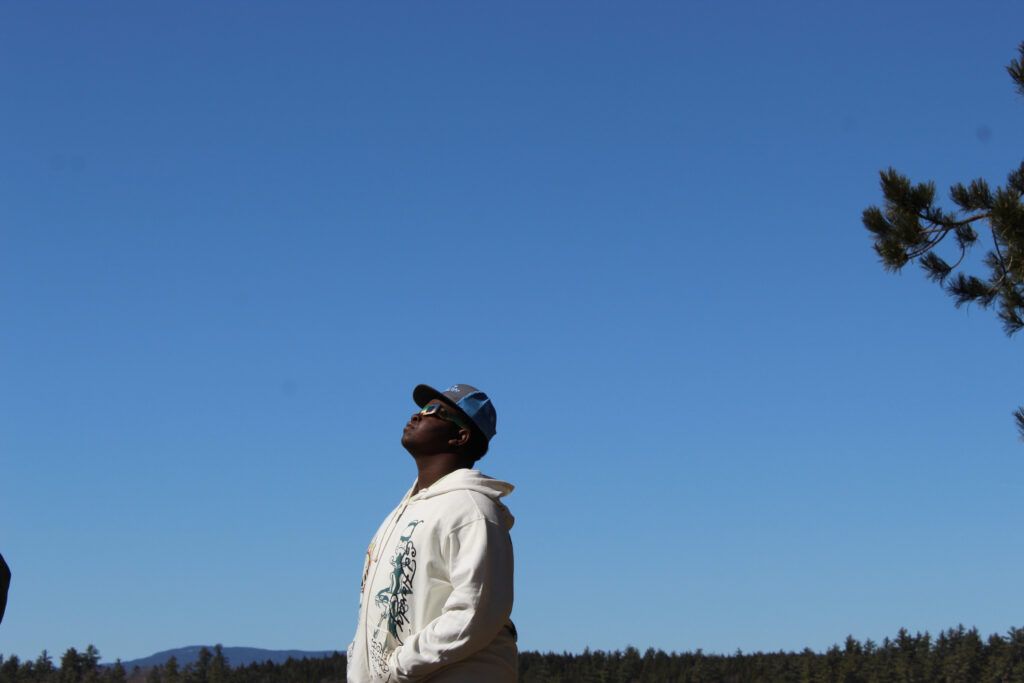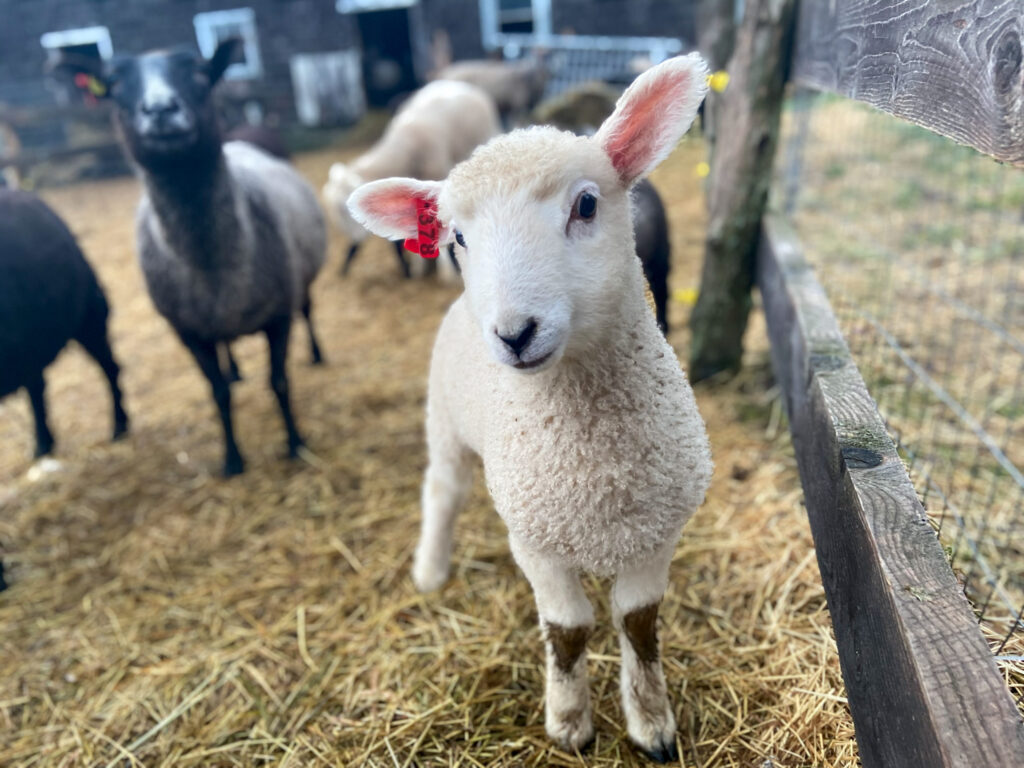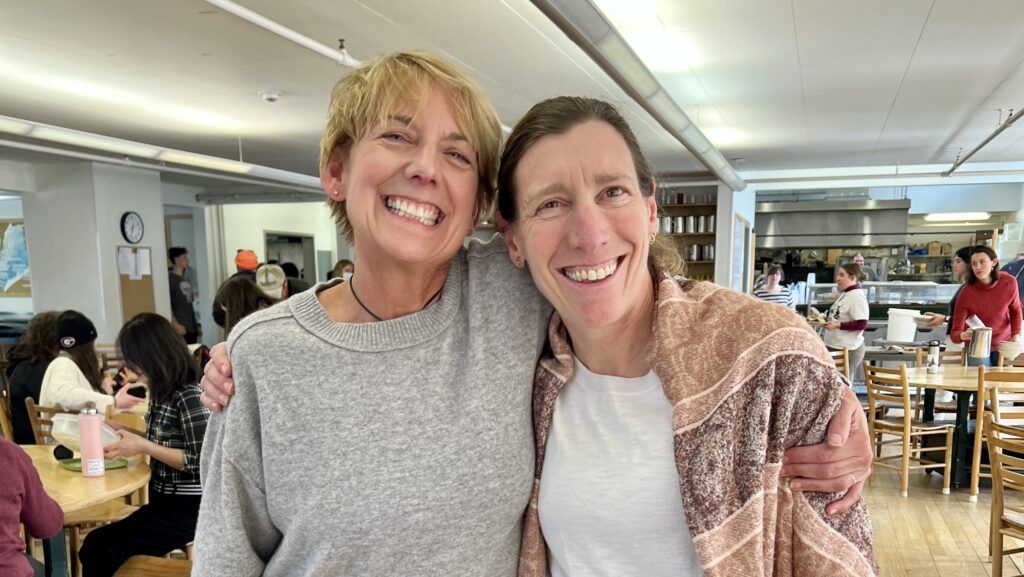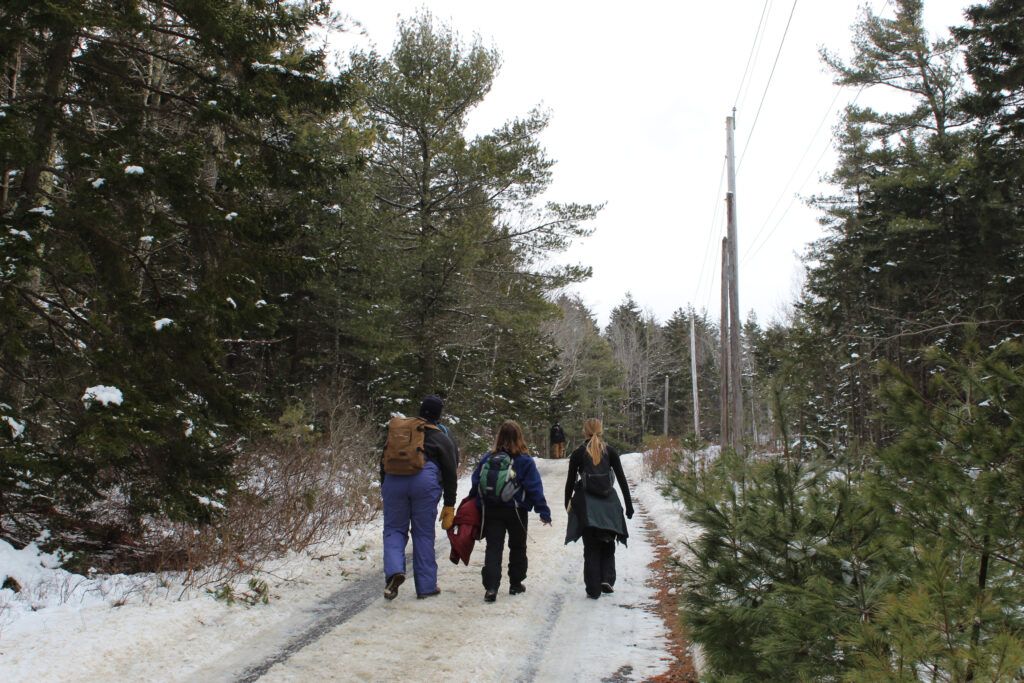Among the interesting people on campus last week for the Wilderness First Responders recertification course taught by Wilderness Medical Associates (WMA) was our own Stephanie Schmiege, a 2005 alumna of Maine Coast Semester at Chewonki. Schmiege (Semester 34) currently lives in New York City, but her work, studies, and adventuresome spirit often take her to remote places, so she wanted to refresh her medical skills. When she saw that WMA, a highly regarded training organization, would be at Chewonki, “I said, that’s it,” she recalls. “I’ve got to go back to Chewonki.”
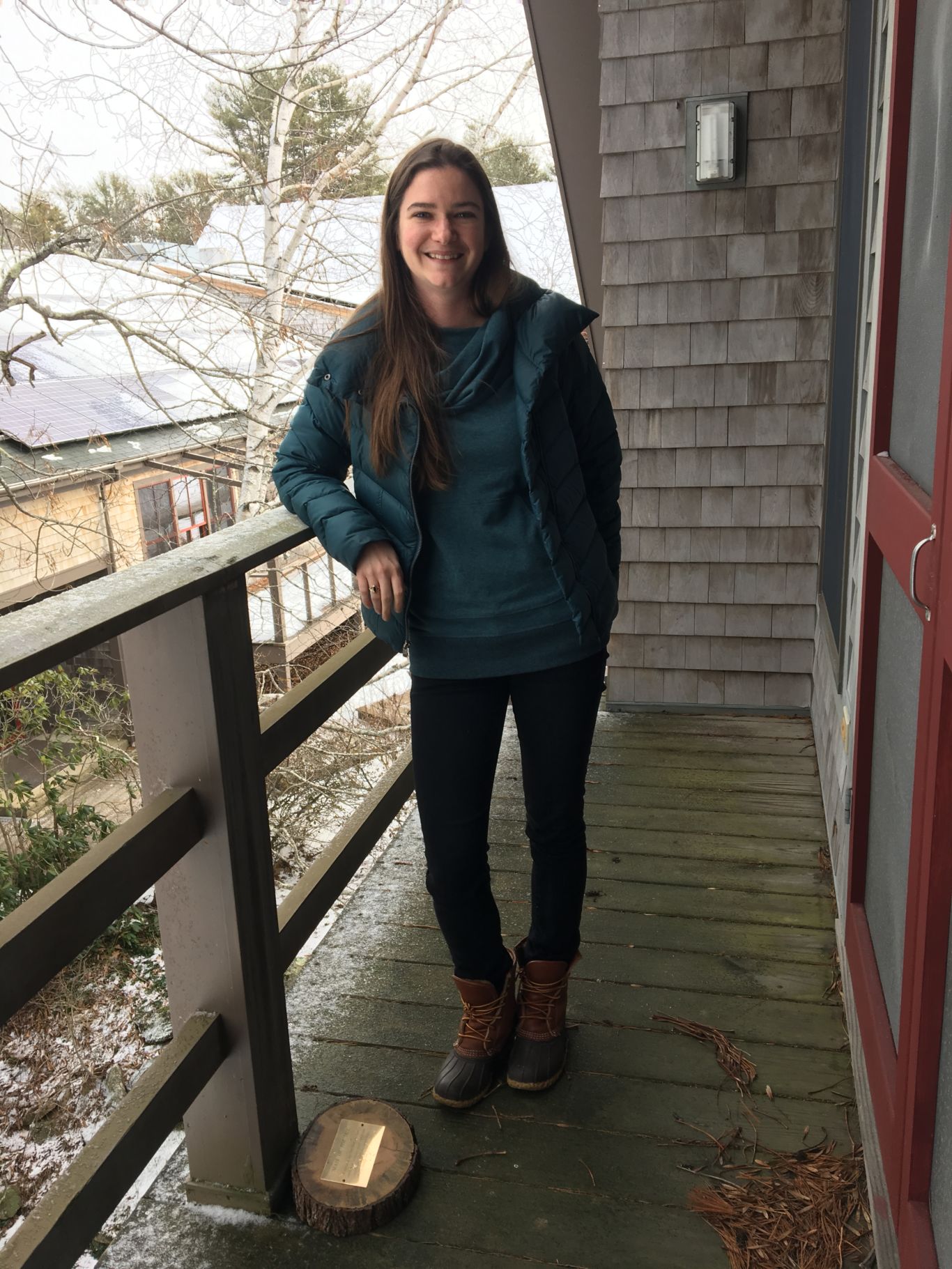
Schmiege is a Ph.D. candidate in the Department of Ecology, Evolution, and Environmental Biology at Columbia University in Manhattan. Her work focuses on ecology and plant physiology, specifically, the effect of global climate change on conifers.
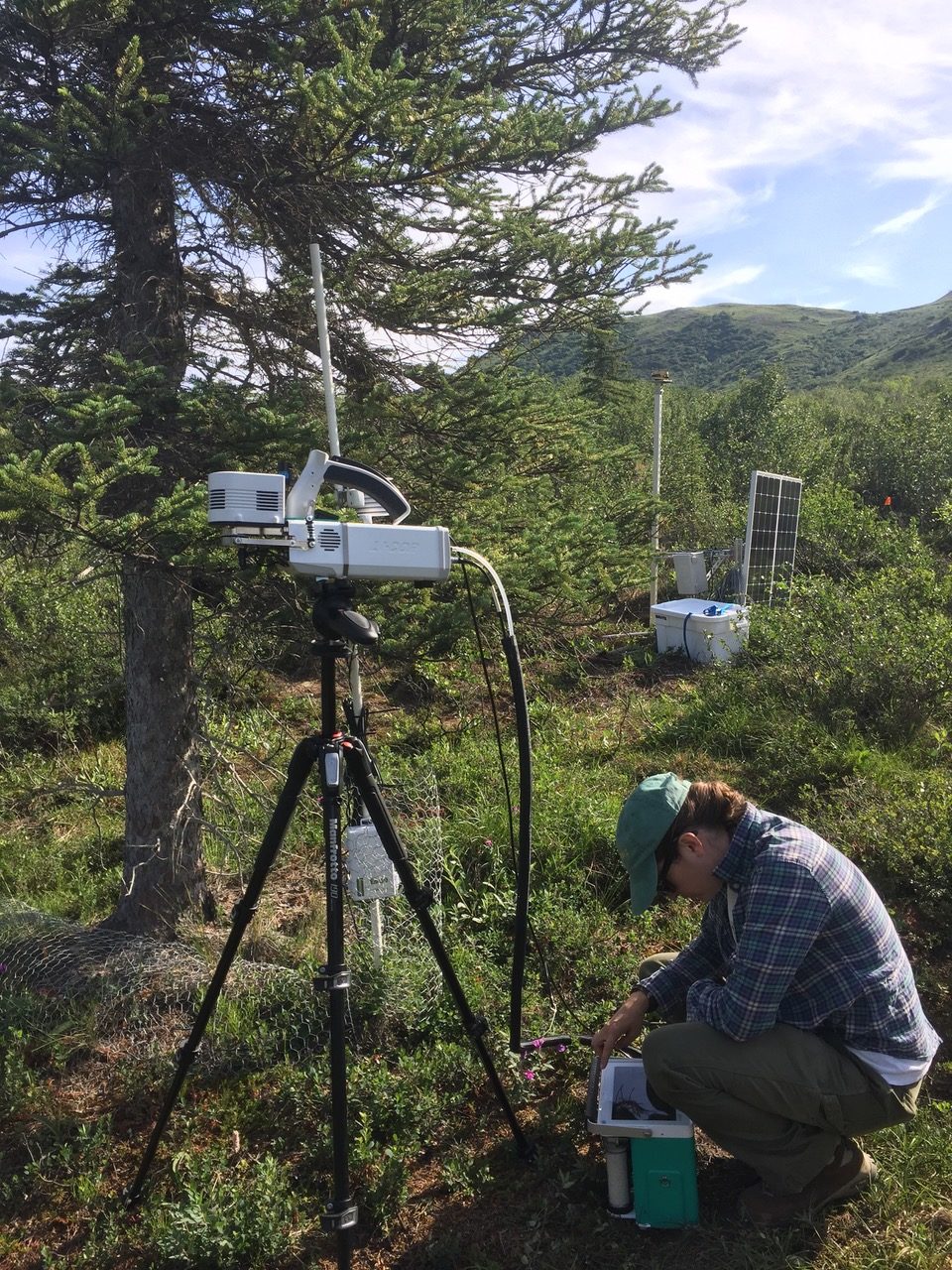
She was already an engaged student and enjoying the Nightingale-Bamford School when she made the leap to Maine Coast Semester. She longed to get out of the city and learn in new ways. “I wanted to do a lot more learning outside,” she recalls, “I was lucky that my parents were supportive. And it worked!”
At Chewonki she showed the passion for learning that she continues to bring to her research. Willard Morgan, now Chewonki’s president, was in his first year of teaching the semester’s field-based science course, Natural History of the Maine Coast. “Science classes were fantastic,” she recalls. “I loved being outside, doing hands-on learning,” and exploring the ecosystems on and around Chewonki Neck.”
Schmiege has vivid memories of life in Ranch House, which, she points out, was even more basic than it is now. (“It hadn’t been ‘done over’ then,” she chuckles.) The friendships she developed with cabin mates were deep; she still keeps up with the Ranch girls. “We got really close,” she remembers. “We all did Polar Bear swims. There was a great spirit in our cabin.”
Other Chewonki memories include one of Mark Albee, then the farm manager. “He sat us all down and told us, ‘As you go along in life, don’t forget to use your hands,’” she recalls. “‘He said, ‘They are the most important tool you have.’ I have thought about that a lot through the years. It relates to my interest in art and science–and to the way I believe it is best to teach.”
Schmiege went on to be a biology and French major with a minor in visual art at Bowdoin College. After graduation, she spent two and a half years teaching science, art, and French to students in grades 1-6 at a school in Tanzania. With scarce resources to support the science curriculum, she asked herself, “What do I have around me that I can use to teach?” She decided to use the natural world in much the style Morgan had used in her Maine Coast Semester class.
After returning to New York City, she worked for “an enthusiastic structural botanist” at the New York Botanical Garden. “I was looking at the anatomy of ferns,” she explains. “It was hands-on, and I love that.” Learning to section and stain plant samples and do other precise, technical work with her hands appealed to both her scientific and artistic sensibilities.
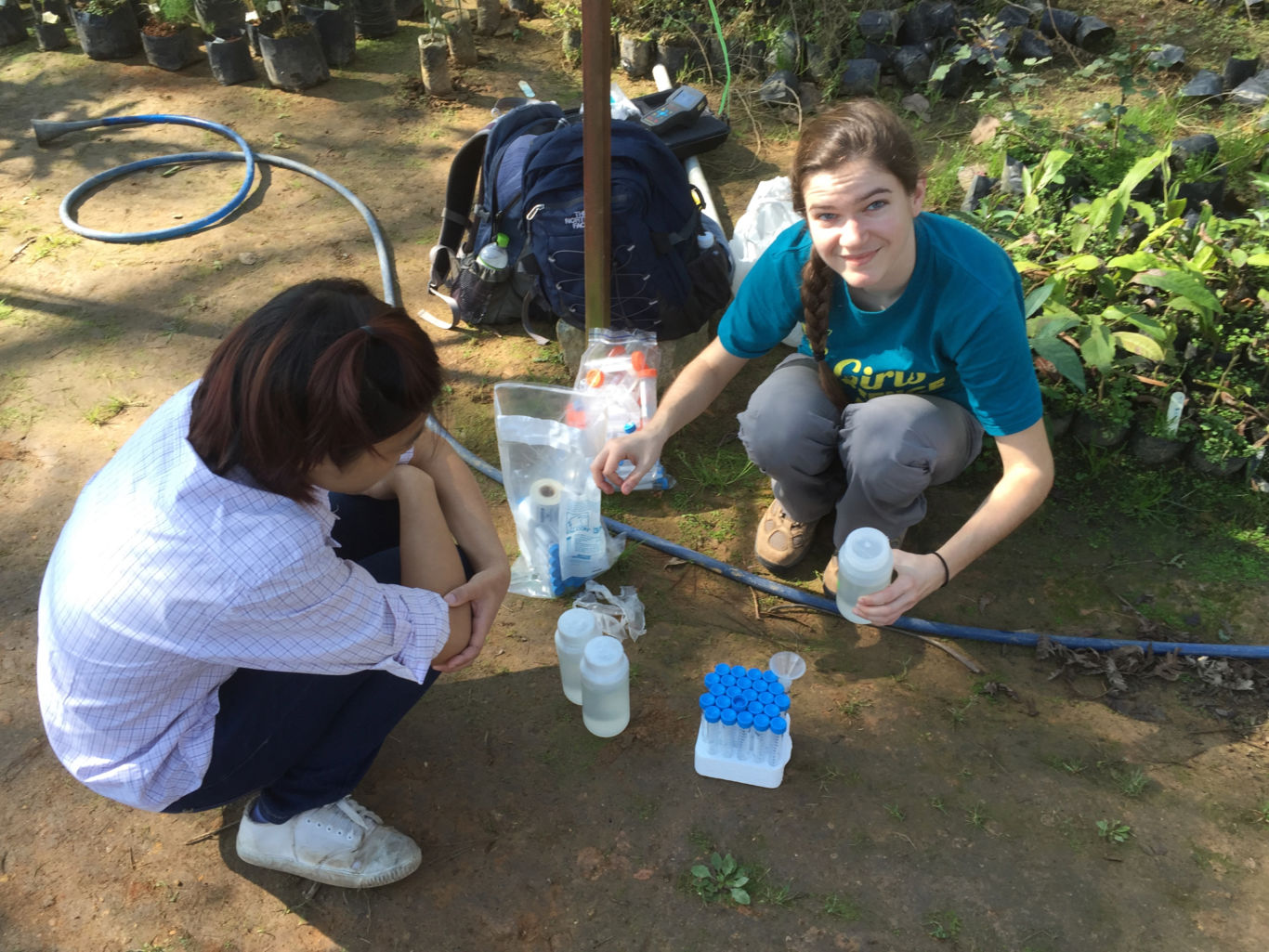
Next, she moved to North Carolina to work in an ecology laboratory, focusing on the effect of climate warming on “tree recruitment” (the process by which tree seeds become established and grow into juvenile trees). Then she was off to Albuquerque, New Mexico, “to study the mechanisms controlling carbon, energy, and water balance across a variety of ecosystems, from high-elevation mixed conifer forests to desert grasslands,” she says. Her Ph.D. dissertation got Columbia will draw on projects with which she’s involved in Chile, Alaska, and Viet Nam.
“I love teaching,” she says, “but I also love research. I like that it takes me into other ecosystems, other cultures.” She hopes to find a way to pursue both. We wish her well and look forward to her next visit.
